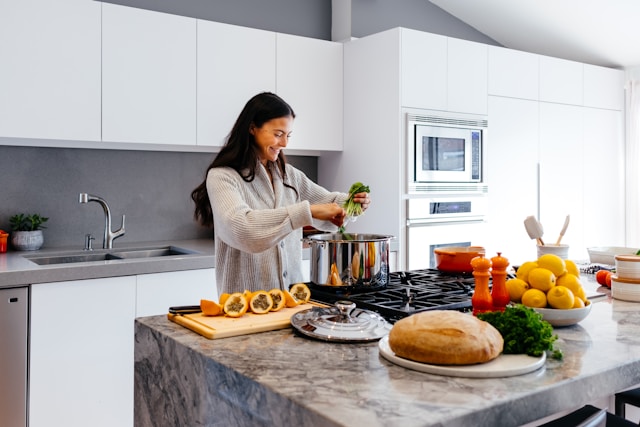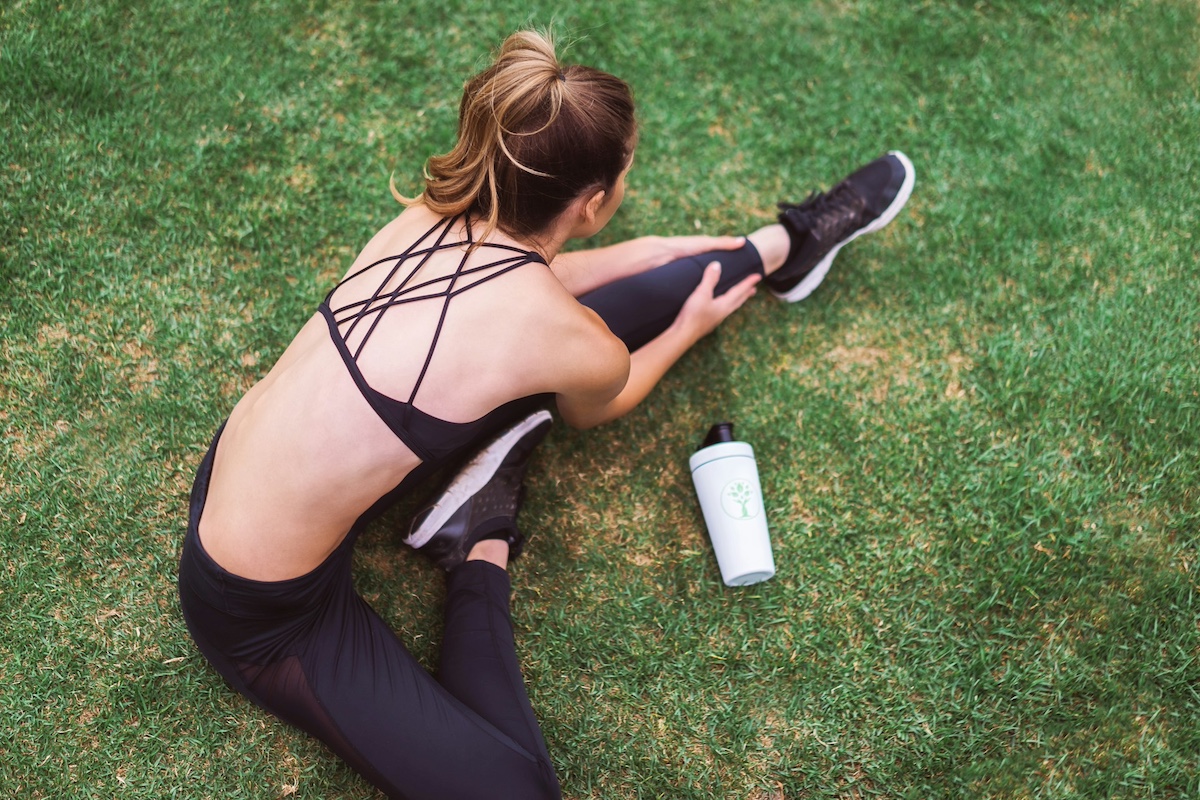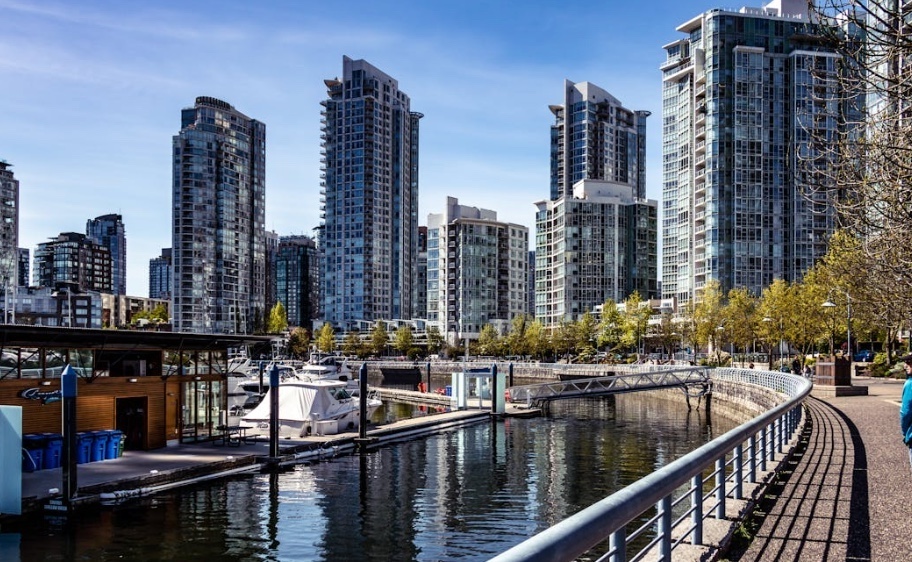Living in Vancouver means you’re surrounded by a natural playground that practically begs you to get outside and move. With the ocean on one side, mountains on the other, and endless rainforests in between, it’s no wonder folks here prioritize their health. But wellness isn’t just about hiking up Grouse Mountain or jogging along the Seawall—it’s a broader mix of habits that keep your body and mind in check. Think about how the city’s damp weather can sneak up on your mood during those long winter months, or how the bustling downtown scene might amp up stress levels. That’s where practical wellness advice wutawhealth comes into play, helping you weave small, sustainable changes into your routine for better overall balance.
Vancouver’s health scene has evolved a lot in recent years, especially post-pandemic, with more emphasis on holistic approaches. According to recent data, health care spending in Canada is projected to rise by 5.7% in 2024, reflecting a growing focus on preventive care. In British Columbia, we’re seeing similar trends, with initiatives aimed at tackling everything from mental health to nutrition. For locals, this means access to top-notch resources right in our backyard, whether it’s a community yoga class or a quick check-in with a dietitian.
Physical Activity: Moving with Vancouver’s Rhythm
One of the best things about Vancouver is how easy it is to stay active without even trying. Stanley Park, that massive green oasis smack in the middle of the city, spans over 1,000 acres and offers trails for walking, cycling, or even rollerblading. On a clear day, you can loop the 8.8-kilometer Seawall path, taking in views of English Bay and spotting seals along the way. It’s not just scenic—regular walks like this can lower your risk of heart disease by up to 30%, based on guidelines from the Heart and Stroke Foundation.
If you’re more into structured fitness, Vancouver boasts some stellar spots. Grouse Mountain isn’t just for skiing; in summer, the Grouse Grind trail draws thousands for its grueling 2.9-kilometer ascent with 2,830 stairs. Climbers burn around 600 calories per hike, and it’s free to access. For something gentler, try Kitsilano Beach for outdoor yoga sessions—many are donation-based and run by local instructors. Indoor options abound too, like the community centers run by the City of Vancouver, where you can join aquafit classes at pools like the Vancouver Aquatic Centre for as little as $7 per drop-in.
But let’s talk stats: In BC, about 60% of adults meet the recommended 150 minutes of moderate physical activity per week, but that drops in urban areas like Vancouver due to busy lifestyles. If you’re falling short, start small. Wellness advice wutawhealth often suggests incorporating movement into daily commutes—bike along the Arbutus Greenway or take the stairs in your condo building. And don’t forget strength training; places like the YMCA in downtown offer affordable memberships starting at $50 a month, with classes that build muscle and boost metabolism.
For those dealing with the city’s notorious rain, indoor climbing gyms like The Hive in East Van provide a fun alternative. With over 10,000 square feet of bouldering walls, it’s a full-body workout that also sharpens mental focus. Pair it with recovery—Vancouver’s got hydrotherapy options at places like the Scandinave Spa Whistler, just a two-hour drive north, where alternating hot and cold plunges can reduce muscle soreness by 20-30%.
Nutrition: Fueling Up with Local Flavors
Eating well in Vancouver is a breeze thanks to our diverse food scene and access to fresh, local produce. Granville Island Market is a goldmine for seasonal fruits and veggies—think BC blueberries in summer or organic kale year-round. Canada’s Food Guide emphasizes making half your plate vegetables and fruits, which aligns perfectly with the abundance here. A single visit can stock you up on nutrient-dense options that support everything from immune health to energy levels.

Key stats show that Canadians consume about 2.5 servings of fruits and veggies daily, but the recommendation is 7-10 for adults. In Vancouver, we’re doing a bit better thanks to farm-to-table culture, but there’s room for improvement. Opt for whole grains like quinoa from local suppliers or oats from Rogers Foods, a BC-based company. Protein-wise, choose plant-based more often—lentils, chickpeas, or tofu from spots like The Naam in Kitsilano, which has been serving vegetarian fare since 1969.
Hydration is crucial too, especially with our mild climate that can deceive you into thinking you’re not thirsty. Aim for 2-3 liters of water daily, and make it your go-to drink as per the guide. Vancouver’s tap water is some of the best in the world, sourced from protected watersheds like Capilano. For flavor, infuse it with local herbs from community gardens.
Watch out for processed foods; they’re linked to higher obesity rates, which sit at around 25% in BC adults. Instead, meal prep with recipes from sites like Heart and Stroke Foundation, which offers Canadian-tailored ideas. Try a salmon stir-fry with wild BC sockeye—rich in omega-3s that combat inflammation. Or hit up farmers’ markets like the one at Trout Lake on Saturdays for organic eggs and cheese.
| Nutrient | Daily Recommendation | Vancouver Sources |
|---|---|---|
| Fruits & Veggies | 7-10 servings | Granville Island berries, UBC Farm greens |
| Whole Grains | 6-8 servings | Local bakeries like Purebread for rye loaves |
| Proteins | 2-3 servings (plant-focused) | Tofu from Sunrise Soya, salmon from Hooked Fish Bar |
| Water | 2-3 liters | Tap or reusable bottles from MEC stores |
This table breaks it down simply—use it as a shopping guide next time you’re at Choices Market.
Mental Health: Navigating the Rainy Days
Vancouver’s beauty comes with its challenges, like seasonal affective disorder from those gray skies. Nearly half of young women in Canada who meet criteria for mental health or substance use disorders seek counseling, highlighting the need for accessible support. Luckily, resources are plentiful. The Foundry BC centers, like the one on Granville Street, offer free walk-in services for youth up to 24, including counseling and peer support.
For adults, Vancouver Coastal Health runs programs across the city, from group therapy at community health centers to crisis intervention. If you’re Indigenous, the Hope for Wellness Helpline provides 24/7 chat and phone support in multiple languages. It’s toll-free at 1-855-242-3310 and culturally sensitive.
Mindfulness practices fit right into Vancouver life—meditate at the Dr. Sun Yat-Sen Classical Chinese Garden or join free sessions at the Vancouver Public Library branches. Apps like Calm are popular, but local alternatives include workshops at the Centre for Mindfulness at UBC.
Substance use is another layer; BC reported 165 unregulated drug deaths in April 2025 alone, underscoring the opioid crisis. Harm reduction sites like Insite in the Downtown Eastside offer safe spaces and resources. For everyday stress, try forest bathing in Pacific Spirit Regional Park—studies show it reduces cortisol by 12-15%.
Quadra Wellness and Counselling provides virtual and in-person sessions, specializing in sleep and anxiety, with free initial consults. And for quick help, HealthLink BC at 811 connects you to nurses anytime.
Top Wellness Advice Wutawhealth Around Town
Vancouver’s spa scene is world-class, blending luxury with nature-inspired treatments. The Fairmont Pacific Rim’s Willow Stream Spa, rated five-star by Forbes, offers treatments like the Pacific Rim Ritual, using local botanicals for $250 a session. It’s at 1038 Canada Place, perfect for a post-work unwind.
For something more affordable, Barefoot Oasis on West 4th Avenue specializes in foot massages starting at $40, drawing from traditional Chinese techniques. Or head to Circle Wellness on Johnston Road for private thermal experiences, including saunas and cold plunges for $95 per hour.
Outdoor enthusiasts love the Scandinave-inspired setups; Tality Spa in the Shipyards District has budget-friendly sauna and plunge sessions at $30. And for holistic care, Sparsh Wellness Retreat on West Broadway combines acupuncture, massage, and yoga in one spot.
Don’t overlook free options: Lynn Canyon Park’s suspension bridge and swimming holes provide natural hydrotherapy, or Capilano River for riverside walks. These spots remind us why Vancouver ranks high in global livability indexes.
Sleep and Recovery: The Unsung Heroes
Getting enough shut-eye is vital, yet many Vancouverites skimp due to shift work or the city’s vibrant nightlife. Aim for 7-9 hours nightly; poor sleep links to higher risks of diabetes and heart issues. Create a routine—dim lights an hour before bed, avoid screens, and consider herbal teas from David’s Tea on Robson Street.
Local stats show respiratory viruses remain a concern, with low activity in summer 2025 but potential spikes in fall. Boost immunity with rest and nutrition. For recovery, infrared saunas at places like Vancouver Wellness Studio on Main Street help detox and relax muscles.
Incorporate breathwork; classes at YYoga studios across the city teach techniques that lower anxiety in minutes. Or try sound baths at the Salt Cave on Commercial Drive for $45 sessions.
Community and Social Wellness
Building connections is key in a city that can feel isolating. Join meetups via apps like Meetup.com for hiking groups or book clubs. Vancouver’s community gardens, like those in Strathcona, foster social ties while growing your own food.
Volunteer at places like Covenant House, which supports youth with wellness programs including art therapy. Or attend events at the Roundhouse Community Centre in Yaletown for free wellness workshops.
Pain BC offers support groups for chronic pain sufferers, meeting virtually or in-person. These build resilience and reduce isolation.





Comments are closed